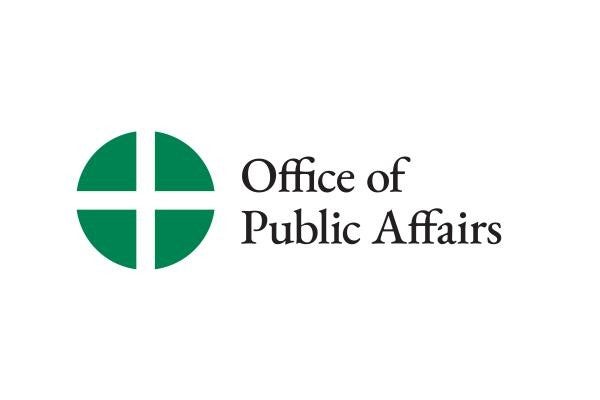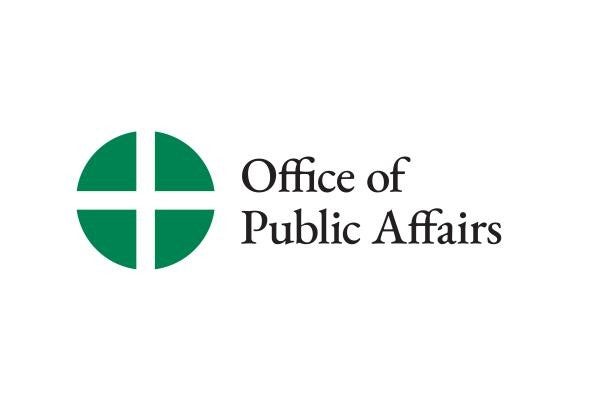Bishop Chairmen Issue Statement on Rationing Protocols by Health Care Professionals in Response to COVID-19
Recent news reports have highlighted policies and practices relating to rationing protocols in response to the COVID-19 virus, prompting a response by three committee chairmen of the U.S. Conference of Catholic Bishops (USCCB).
WASHINGTON— Recent news reports have highlighted policies and practices relating to rationing protocols in response to the COVID-19 virus, prompting a response by three committee chairmen of the U.S. Conference of Catholic Bishops (USCCB). Bishop Kevin C. Rhoades of Fort Wayne-South Bend, chairman of the USCCB’s Committee on Doctrine, Archbishop Joseph F. Naumann of Kansas City in Kansas, chairman of the Committee on Pro-Life Activities, and Archbishop Paul S. Coakley of Oklahoma City, chairman of the Committee on Domestic Justice and Human Development, issued the following statement:
“Hospitals and health care systems are the true epicenter of this pandemic and our health care professionals – doctors, nurses, technicians, administrators, and support staff – have all demonstrated courage, compassion, and truly remarkable professional care in a time of growing crisis. This pandemic has highlighted the fact that we have limited resources and therefore may be facing some difficult decisions ahead. At all times resources are limited – there are only so many beds and so many supplies – but this crisis has and will continue to challenge us greatly.
“Every crisis produces fear, and the COVID-19 pandemic is no exception. However, this is not a time to sideline our ethical and moral principles. It is a time to uphold them ever more strongly, for they will critically assist us in steering through these trying times.
“We are grateful for the numerous statements reminding both medical professionals and the general public of these principles. The Catholic Health Association of the United States, the Catholic Medical Association, the National Association of Catholic Nurses-USA, and the National Catholic Bioethics Center have all published excellent reminders of these principles and guidelines. We ask people, especially medical professionals, to read these documents and apply them appropriately in their work. We also commend the Office of Civil Rights at the U.S. Department of Health and Human Services for issuing a reminder that in a time of crisis we must not discriminate against persons solely on the basis of disability or age by denying them medical care. Good and just stewardship of resources cannot include ignoring those on the periphery of society, but must serve the common good of all, without categorically excluding people based on ability, financial resources, age, immigration status, or race.
“Foremost in our approach to limited resources is to always keep in mind the dignity of each person and our obligation to care for the sick and dying. Such care, however, will require patients, their families, and medical professionals to work together in weighing the benefits and burdens of care, the needs and safety of everyone, and how to distribute resources in a prudent, just, and unbiased way.
“With our Holy Father, Pope Francis, the entire Church continues to pray for, and offer support to, all those affected by this pandemic.”
For further resources from the U.S. Bishops on the COVID-19 pandemic, please visit
https://www.usccb.org/about/communications/usccb-president-reflection-and-prayer-during-coronavirus.cfm.
###
Media Contacts:
Chieko Noguchi or Miguel Guilarte
202-541-3200


